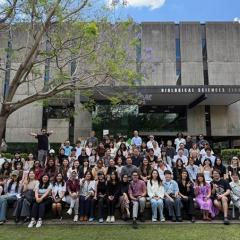Introducing Mega Ludvianto
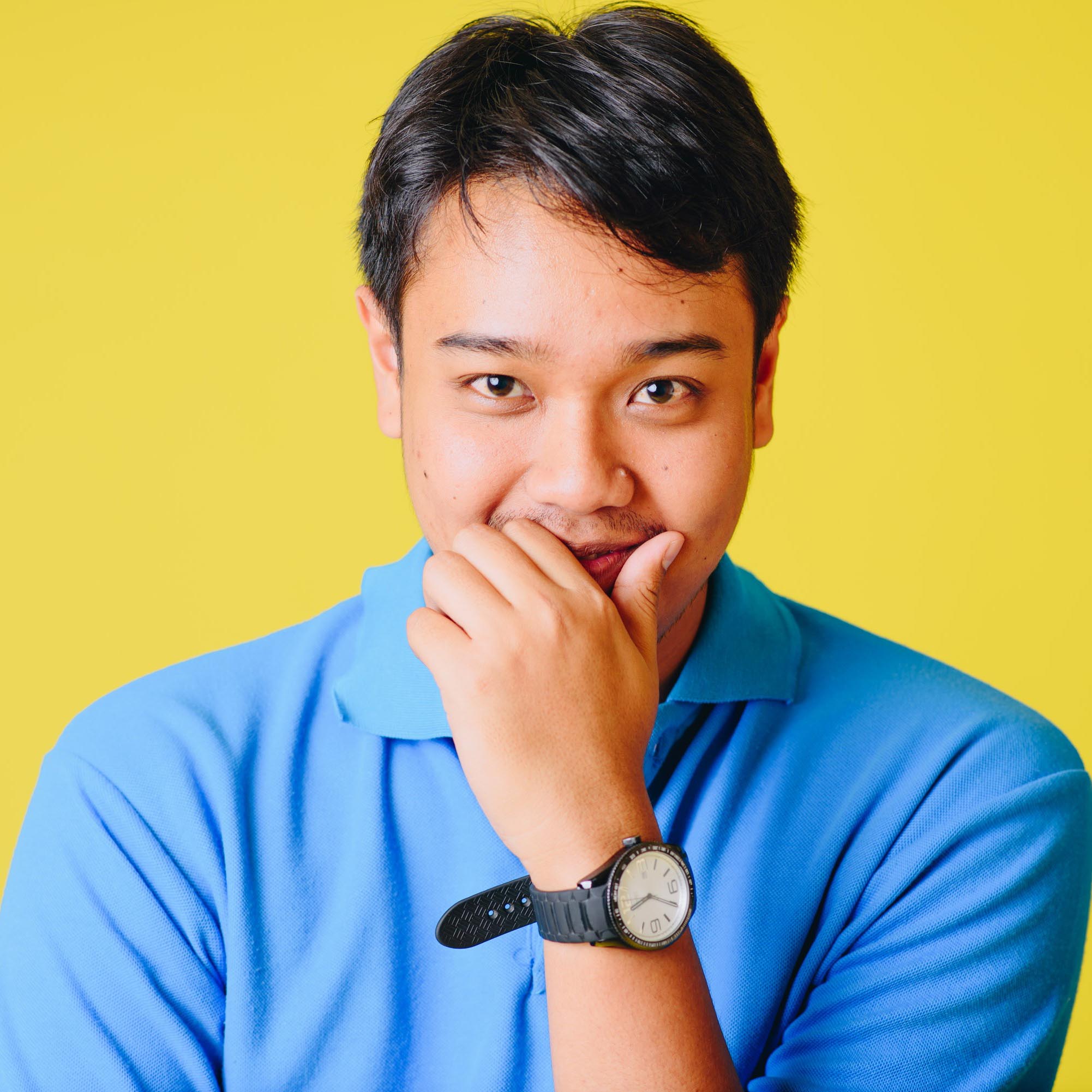 Mega Ludvianto is a UQ Alumnus (2019) who specialised in the field of Communication for Social Change (CSC) through the Master of Communication. Whilst a student, Mega worked in Brisbane on participatory media production with the Pasifika Young People's Wellbeing Network and developed a participatory situation analysis of Jeays Street Community Centre. He now works in Indonesia where he empowers marginalised communities through participatory communication practices.
Mega Ludvianto is a UQ Alumnus (2019) who specialised in the field of Communication for Social Change (CSC) through the Master of Communication. Whilst a student, Mega worked in Brisbane on participatory media production with the Pasifika Young People's Wellbeing Network and developed a participatory situation analysis of Jeays Street Community Centre. He now works in Indonesia where he empowers marginalised communities through participatory communication practices.
Empowering marginalised artists through participatory video and storytelling
After graduating, Mega was invited by fellow UQ CSC Alumnus, Fendi Widianto to bring his communication expertise to the SAMAGATA Indonesia Movement. This movement aims to assist marginalised Indonesian artists who have a mental health disability. It does this by empowering these artists to establish professional connections with the local art community and wider industry.
"These artists usually spend their spare time painting in a small workshop called, Sanggar Pok Ame. This was established to facilitate their art interests. With SAMAGATA, we hope to empower these artists so they are able to integrate with society as professionals.This is challenging as disability inclusivity is not often practised in Indonesia."
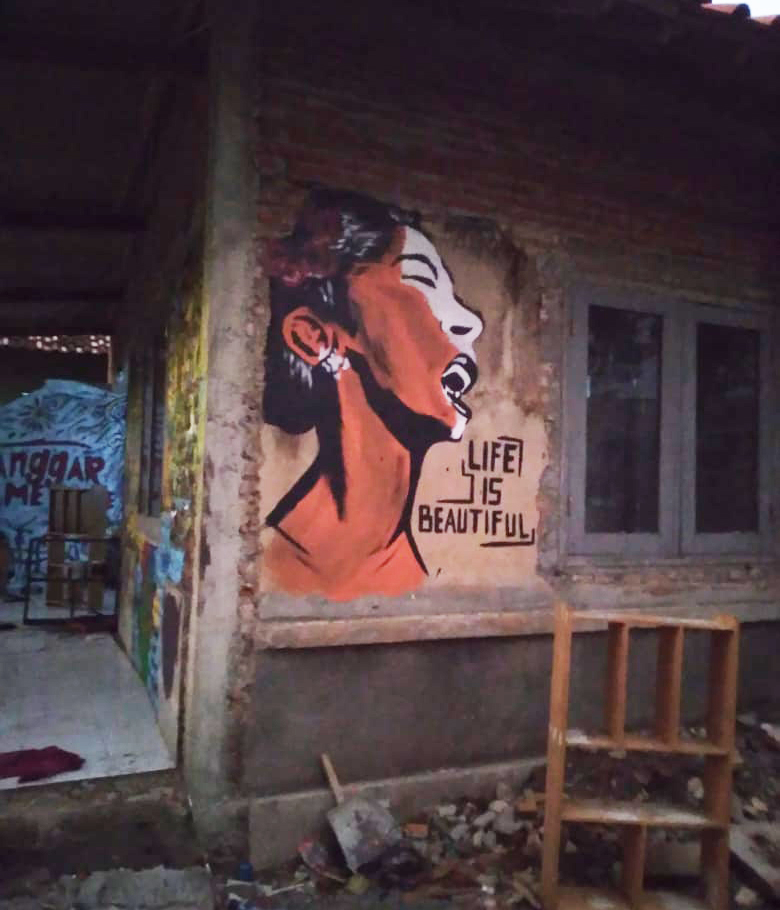
A key goal of the SAMAGATA program is to run a participatory digital storytelling program about these artists and Mega is responsible for the multimedia support.
"Through this movement, I aspire to apply the principles of CSC in a real empowerment process. We plan to introduce participatory video to capture the journey of these talented artists. SAMAGATA is still in the planning phase, so at present we are focusing on laying down the foundations for the project."
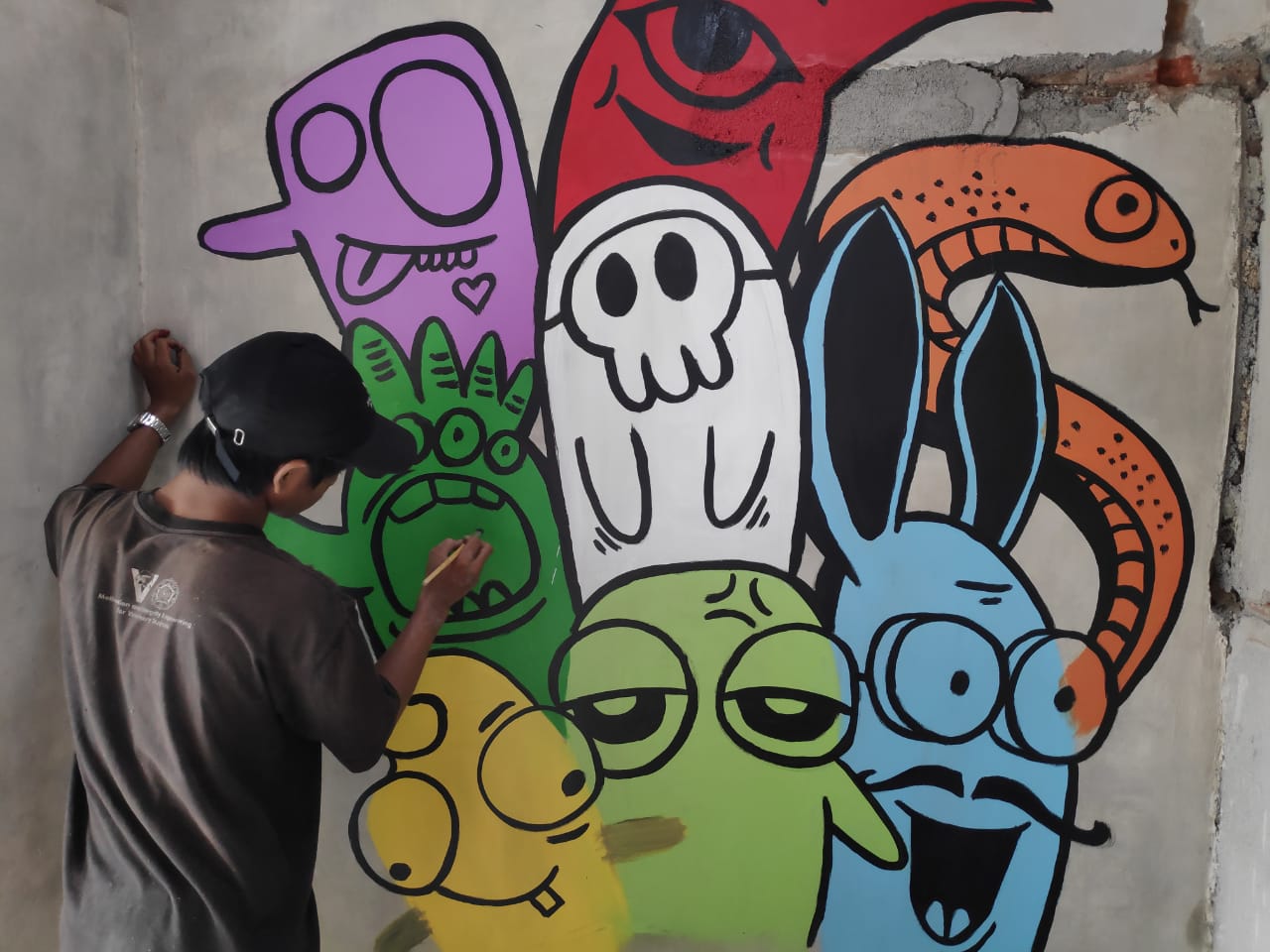
Research engagement during COVID-19
Mega is passionate about research and throughout the COVID-19 pandemic he has been engaged in research activites relating to media consumption in lock-down, Indonesia's public health protocols and the pivot to online teaching.
Media consumption preferences
In this current study, Mega is investigating the radical shift of media consumption preferences during self-quarantine.
“My co-author and I wish to gain a deeper understanding of how people use the internet and their smartphones now that most of their activities, both professional and leisure, are centralised at home,” Mega said of the research.
Indonesia's public health protocols
Mega was also recently invited to participate in a research study, which examines the inclusivity of Indonesia’s COVID-19 protocols. In particular, his research is questioning the efficacy of public health message dissemination.
"In the wake of an alarming rise of active cases in Indonesia, a significant part of the society seems to disregard the risk of the pandemic and ignores health protocols. We are very concerned with this situation. Through this research, we hope to provide insights that will identify the gaps of message dissemination.”
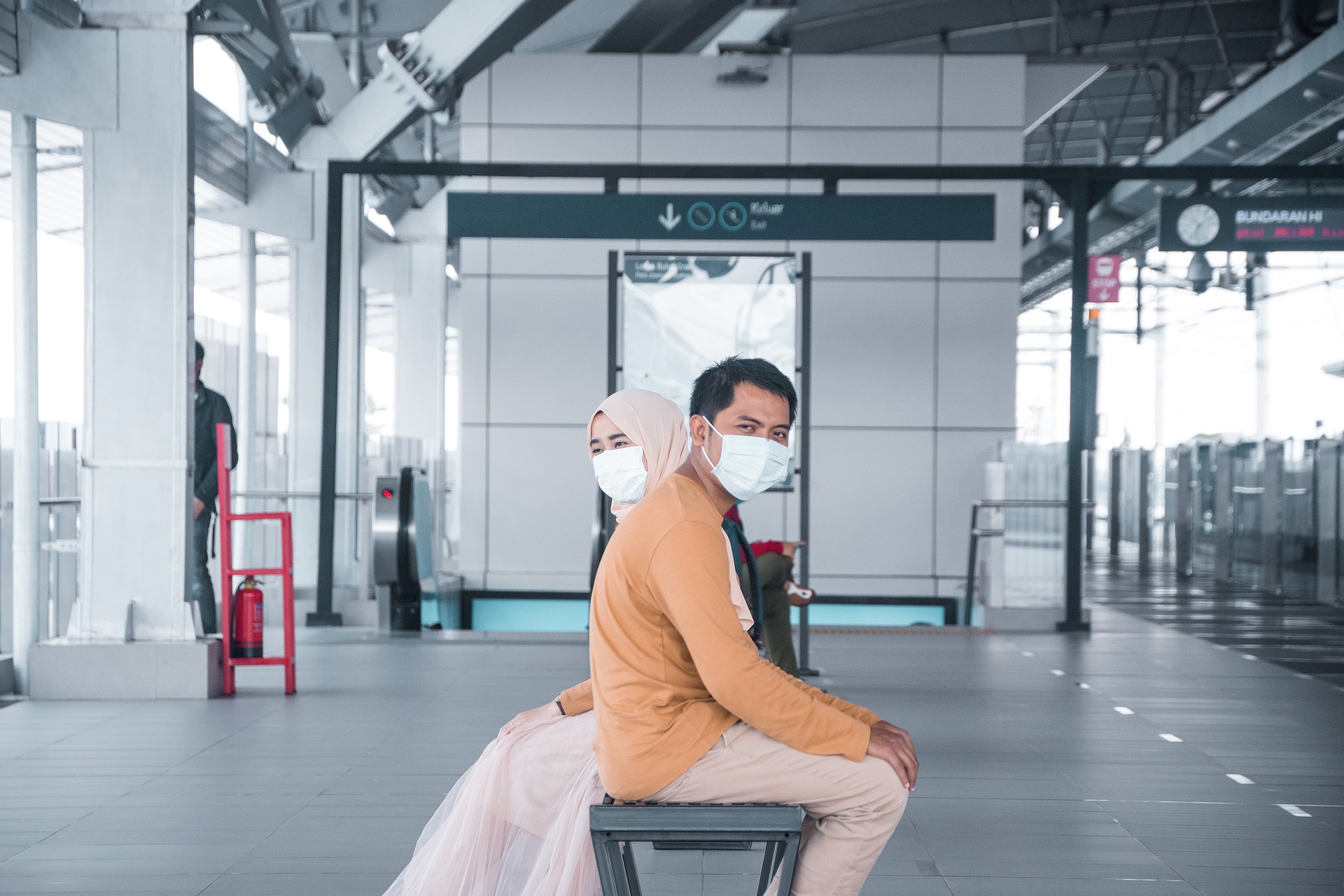
Pivot to online teaching
Concurrently, he is also working on an article that assesses the communication and legal aspects of online teaching as a response to the pandemic. He argues that this techno-centric policy is dismissing the voices of those who are challenged, including those who view internet connection as a luxury, and those who do not have access to, or the resources to conduct online teaching. Additionally, he is exploring emerging challenges faced by teachers trying to navigate online learning.
It is clear that Mega is passionate about research and is utilising his expertise to create change in the wake of a deadly global pandemic.
The UQ experience
Having previously undertaken undergraduate studies in public relations and advertising, Mega was seeking a postgraduate program that would enable him to utilise communication as an instrument to empower communities. UQ is one of the few universities in the world to offer the field of Communication for Social Change and Mega was grateful for the chance to expand his studies in this way.
"The Communication for Social Change specialisation at UQ provides a fresh perspective. It highlights the importance of participation and ownership of the community, who are usually positioned as the message recipient. It integrates a multitude of discourses, ranging from development, cultural, media, information technology and social movement studies."
Discussing the practical experience embedded into the program he said, "I really appreciate that this program offers engagement opportunities with practitioners and experts outside of the university. This enriched the learning experience."
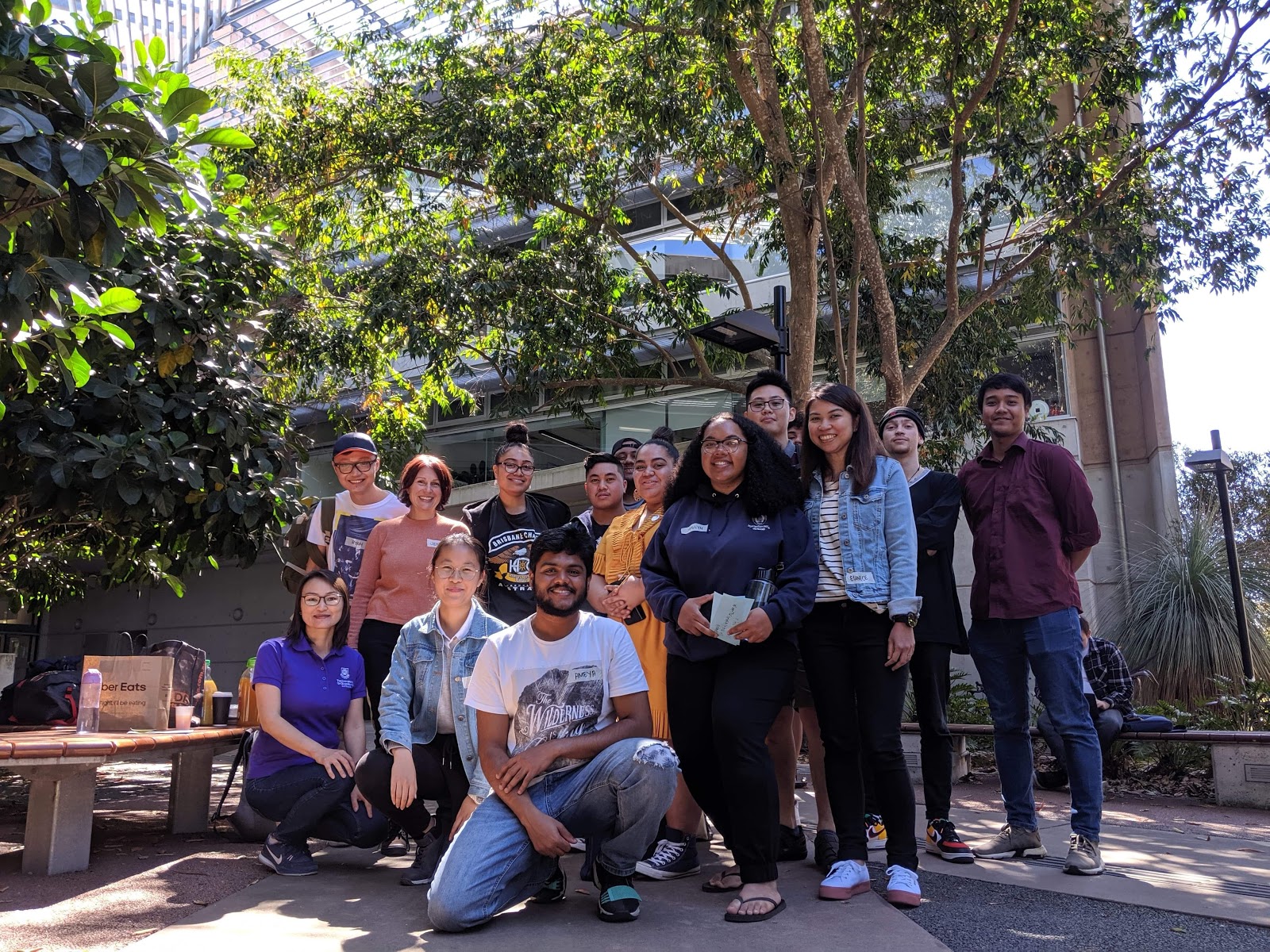
After completing his first year of studies at UQ, Mega flew back to Indonesia for a communication internship. As part of this internship, he was invited by the Indonesian Ministry of Education to train high school teachers from throughout the country. He saw this as an opportunity to utilise the techniques he had learnt in his CSC studies at UQ.
"I employed participatory communication strategies in order to assist these teachers in identifying issues they encountered in teaching debate and critical thinking to high school students. This was the moment where I witnessed the importance of ownership of knowledge, a principle that overarches CSC discourses."
What does the future hold for Mega?
Mega aspires to be a researcher with impact in the CSC field. He is particulary interested in exploring digital literacy, building on his initial research engagement at the Centre for Southeast Asia Social Studies at the Universitas Gadjah Mada. He is also interested in building on his Master’s thesis which explored how village-based initiatives can provide resilience to community members against a crisis. When the right opportunity arises, he is keen to return to UQ to complete a PhD in the CSC field.
"I aspire to become a communication scholar and I believe that having a research portfolio is instrumental for my desired career trajectory."
The School looks forward to seeing Mega continue to create change through his research and work in the field of communication for social change.
Story by: Olivia Brown
Research by: Dr Kylie Navuku


